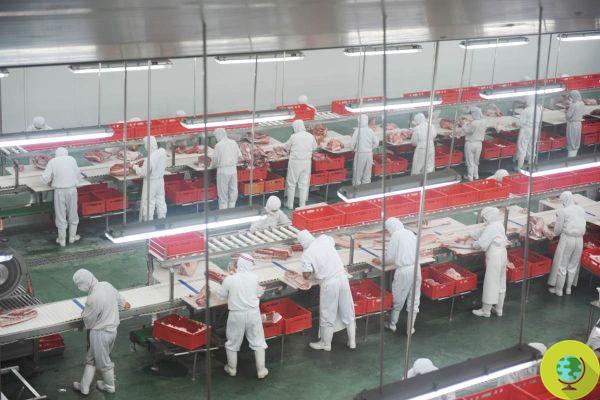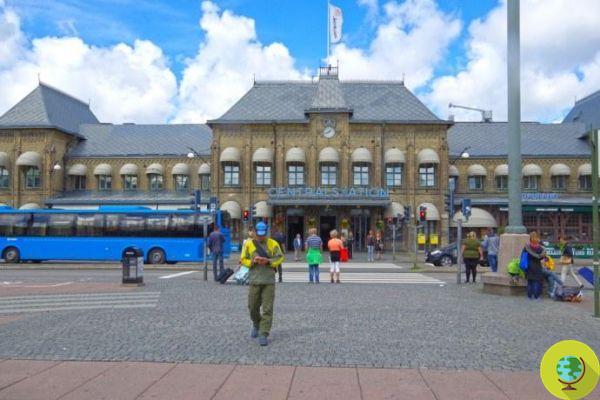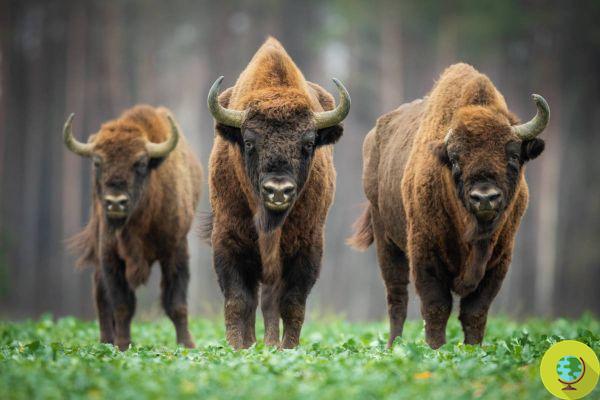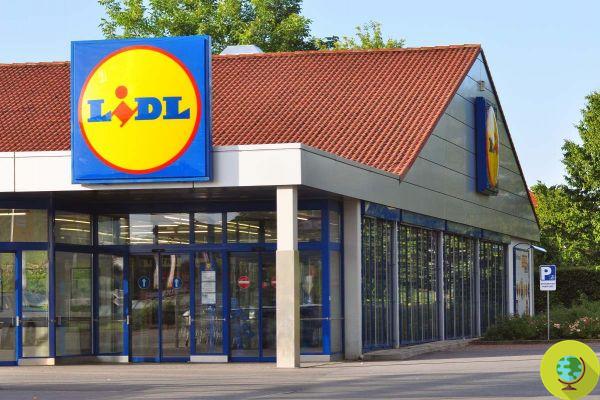
Shocking trip to the Dutch meat industry, where migrant workers are forced into grueling shifts and even threatened
Don't store avocado like this: it's dangerousShocking trip to the meat industry of the Netherlands, where workers from Eastern Europe are exploited, forced into grueling shifts and even threatened and beaten
It is now known that the Netherlands is the largest meat exporter in Europe. In the last 20 years, exports to this state have almost doubled and the sector continues to be booming. The sudden growth of the sector does not only represent a problem for animals, whose welfare in most cases is far from protected, and for CO2 emissions, which are highly polluting for the planet. Behind the meat industry in the Netherlands are stories of human exploitation, some of them truly distressing.
Over 80% of workers in the livestock sector is represented by migrants from Eastern Europe, in particular from Romania, Bulgaria, Poland and Hungary. And it's a real jungle: most of them are hired by subcontractors, with temporary contracts and starvation wages. And they are forced to work grueling shifts. The same firms take care of housing for workers, but often the costs are very high and even 10 migrants find themselves in small, damp and run-down homes.
The plight of exploited and threatened migrant workers
A Romanian migrant named Lucian Roșu told the microphones of The Guardian newspaper about his terrible experience in the Netherlands, where he hoped to have found a job that would guarantee him a better future. The job ad he came across was posted on Facebook by a Dutch temporary agency, looking for workers in a company, which supplies pork and beef and derived products to over 100 million consumers a day. But in a short time Roșu found himself living a nightmare. He was all completely different from what the agency had explained to him on the phone: the working hours were much more, as were the tasks.
Also, the rent was more expensive than expected and found itself at sharing housing - damp and full of mold and bugs - with 10 other workers. As if that weren't enough, a promised weekly advance for shopping never materialized. So, hungry and without money, Roșu handed over his identity card as a guarantee for a loan of 50 euros. Too bad that after less than three weeks, the man was fired simply because he had stopped his work to go and ask a colleague when the next bathroom break was due. But for Roșu the drama does not end there. According to what was reported, he also received threats from the temporary agency which ordered him to leave the accommodation as soon as possible and, finally, he was beaten and robbed of his credit card by one of the agency's employees.
The distressing story of Lucian Roșu is just one of many. Most of the stories certainly don't end up in the newspapers. Many other workers from Eastern European countries turned to the Confederation of Trade Unions of the Netherlands (FNV), complaining that the agency had not paid their full salary, in some cases even for several weeks of work, while others have told of being threatened and evicted. A script already seen.
Subcontracting: a system to be abolished
In recent years, temporary agencies have multiplied to more than 22 thousand. Fortunately, not all exploit workers in this way, but according to a government report, many abuse the fragile position of migrants. And the controls are practically non-existent: only 1% of companies are checked annually by the Dutch Labor Inspectorate.
In short, the meat industry in the Netherlands is based on a system of exploitation and mistreatment. And, until all forms of subcontracting in the sector are banned (and controls tightened), nothing will really change.
Follow us on Telegram | Instagram | Facebook | TikTok | Youtube
Source: The Guardian /Rijksoverheid.nl/Rapport arbeidsmigranten
Read also:
- The Netherlands is ready to reduce animals on farms by 30% to limit pollution (from manure and urine)
- 20 companies producing meat and dairy products generate more greenhouse gases than industrialized countries such as France and Germany: the shock report
- Farms: the meat industry pollutes more than the oil multinationals, the study


























